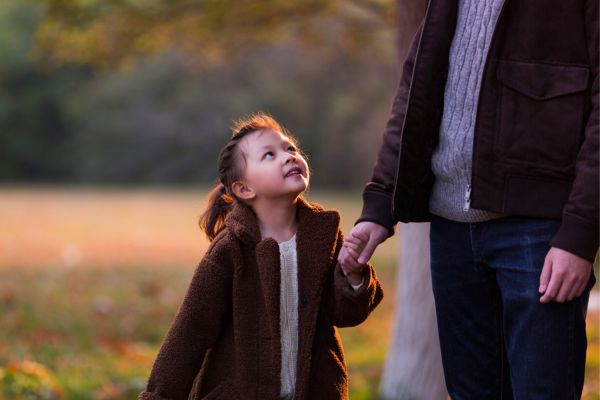
We all know modeling is one of the best ways to teach kids. To encourage kids to be polite we say please and thank you, to demonstrate empathy we show concern for a someone that is sad, hurting, or just having a tough day. We share, we put things away after using them, we patiently wait our turn, on and on. As caregivers, our day is filled with the many ways we teach through modeling. Why? Because it’s effective. Kids learn faster and more deeply when they learn through experience.
If one of our goals is to instill lifetime communication skills in the kids in our care, modeling effective communication is the perfect way to do so. Of course, it’s easy to do with the small stuff like please and thank you. It gets a lot harder with the bigger stuff, especially when we don’t feel fully comfortable with it ourselves. Don’t let this hold you back. No one really ever masters communication, we all continue to learn, hone, and improve skills throughout our lifetimes. No one ever achieves perfection. Kids learn just as much from watching us try (and often fail) than they do from watching us succeed.
Here are some great communication tools and strategies you can work on modeling. These can be practiced with kids or with other adults where kids can observe. Practicing these with the kids has an additional benefit of the connection gained through these healthy interactions that sets them up for strong, secure relationships and self-respect.
- Listening to another’s perspective rather than defending your own
- Sharing what you want and need without blaming another for those needs and wants not being met
- Trying another approach to a problem when you are 100% convinced your approach is the right one
- Being vulnerable
- Moving past the apology and making amends
- Accepting someone’s experience as true and real for them, even when you would have felt differently in the same circumstance
- Being accountable for your words and actions
- Allowing others to come up with their own solutions
- Staying with someone through big emotions without diminishing or dismissing them
- Being empathic when someone’s suffering was brought on by their own actions
- Being a graceful winner, no gloating or “I told you so”
- Allowing others to see you make mistakes and fail
Children are constantly observing, we all have the chance offer them something positive to focus on.